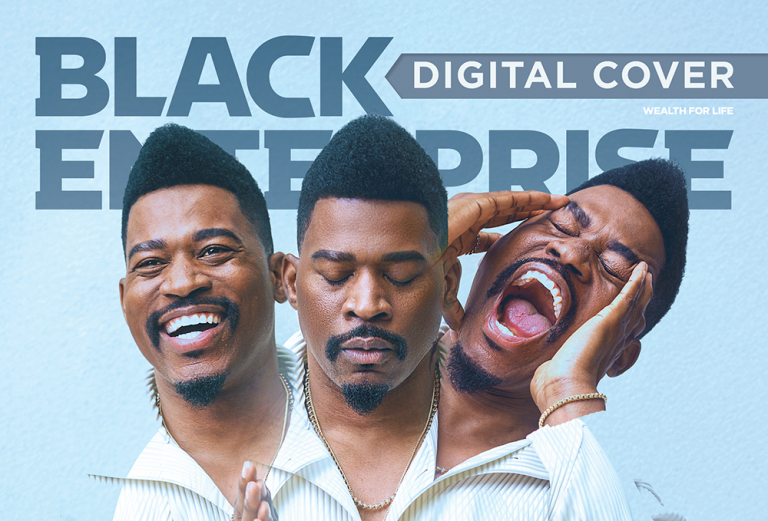The 51-year-old Mississippi native has deliberately defined his modern legacy by championing systemic change and economic self-determination, often years ahead of the mainstream conversation.
His influence spans from defining the essential, aggressive contours of the Southern sound to radical mental health advocacy and the creation of vital business infrastructure for black creatives.
Banner’s professional journey began not with an immediate solo performance, but with intellectual curiosity and regional pride. He first emerged as a founding member of the duo Crooked Lettaz in the late 1990s, cultivating a raw, geographically specific sound that was a necessary challenge to hip-hop’s traditional coastal dominance.
The foundation soon fueled an explosive solo career, bringing his distinctive Southern signature bass-heavy production to the top of the national charts.
As a producer, he created anthems that had both commercial and social resonance. His signature work, from the infectious allure of TI’s “Rubber Band Man” to his politically charged club hits, cemented his status as a sonic architect who clearly understood how to manipulate the market while moving the culture. Moreover, his creative aspirations did not stop at the mixing board; Banner seamlessly translated his commanding presence to the screen, launching an acting career with roles in films such as: Groan of the black snake and TV series incl P-Valleydisplaying a versatility that expanded his influence on cinematic narratives.
The relentless demands and intense control of the entertainment machine—creating studio sessions, national tours, and ventures like Banner Vision—eventually took a heavy, debilitating toll.
For years, the Grammy Award-winning producer has publicly battled significant physical health scares, including chronic fatigue and wild weight fluctuations caused by the unrelenting stress of creative and corporate demands. This period of physical and psychological turmoil culminated in what he described as a fundamental awakening, forcing him to confront the systemic neglect of self that the industry demands and often rewards.
Crucially, Banner transcended the role of an artist, becoming one of the first major hip-hop figures to openly and vulnerably address his struggles with clinical depression and anxiety. He used his reach and platform to help break down the stigma surrounding mental health in the black community and music industry while “making peace with God.”
He described the industry’s relentless demands as a form of spiritual and psychological warfare, detailing periods when the crushing weight of expectations and a systemic lack of internal support nearly broke him. He realized that the most important, most existential struggle was not against external industrial policy, but against his own internal equilibrium, and concluded that his lifelong path of propaganda and production could only continue if he found the path to sustainable health.
This transition from external combat to radical self-preservation required him to rethink his relationship with visibility and success. To ensure his survival, Banner came to advocate silence and transcendental meditation not as abstract spiritual luxuries, but as essential, nonnegotiable tools for a sustainable existence.
Banner realized that his advocacy, production and business acumen could only continue if he strategically shifted his engagement with the hyper-connected world that demanded his energy and attention.
Banner’s current philosophy became clear. opulence and the good life were measured not by financial output or celebrity behavior, but by guarded energy and clarity of purpose.
The rapper’s perspective now serves as the foundation of his teaching, a strategic, almost monastic retreat that provides a lasting legacy and unassailable insight.
For the son of Mississippi, one of the industry’s most successful artists and producers, the path to technological and artistic greatness required frugality at its highest: deliberate disconnection. Achievements in the fields of technology and music he “couldn’t have dreamed of”.
Banner’s deliberate isolation is born not of apathy, but of spiritual insight, relying solely on a trusted internal framework to filter out essential truths.
Doctrine of prudence
“My path in life, whether in music or business, is defined by a spirit of discernment. I can look up to a teacher, for example, but their journey cannot dictate mine. God can call me in a special way that others cannot relate to. It’s my job to pick up the plate, choose what’s good, and understand that some messages are meant for later, not now.”
Banner emphasizes the highly individual nature of his profession.





